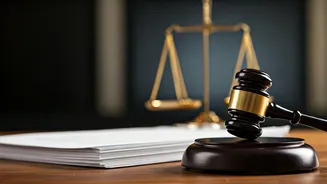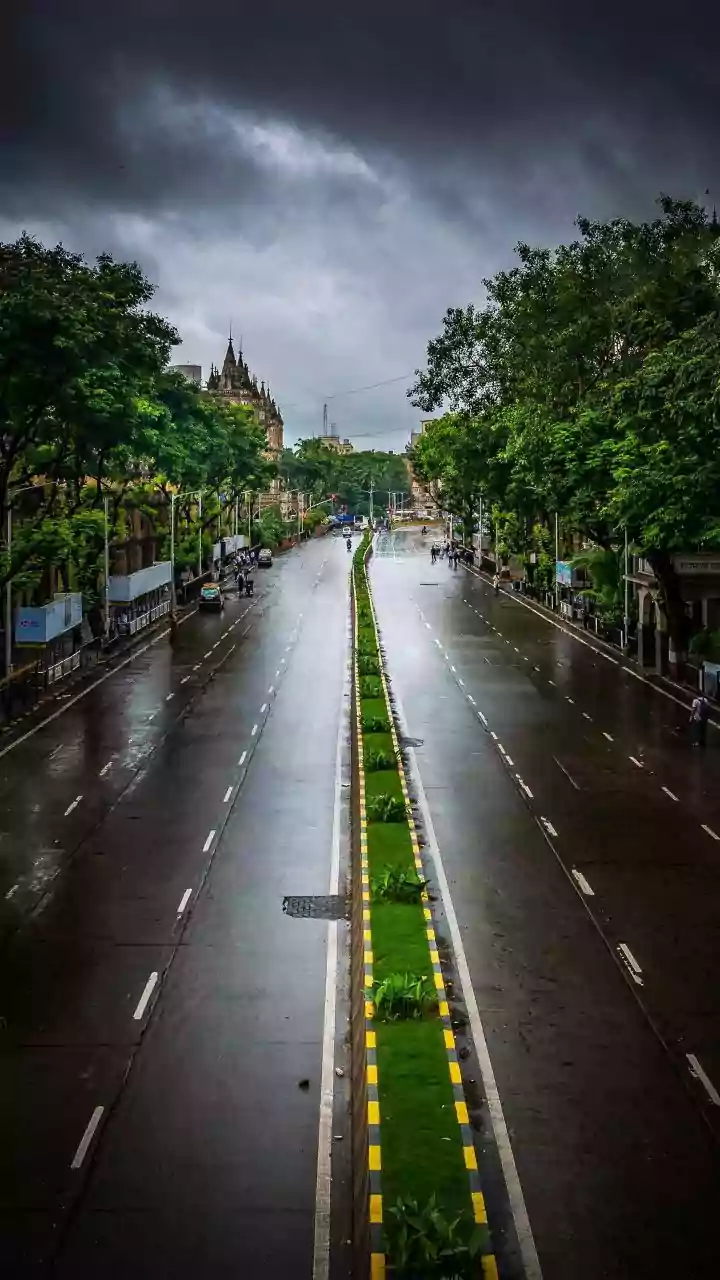LG's Public Comments
Lieutenant Governor Manoj Sinha's recent statements have become a focal point of debate in Jammu and Kashmir. His remarks, though not explicitly detailed
in the provided context, appear to have sparked a considerable amount of discussion. The content of his statements, the specific context in which they were delivered, and the target audience all likely played crucial roles in shaping the reaction. His position as the highest-ranking official representing the central government in the region gives his words significant weight. This makes any comments on sensitive topics, such as statehood, immediately noticed. The response to his comments highlights the sharp political fault lines that currently exist within Jammu and Kashmir. The focus on the statehood issue shows the deep-seated aspirations of the people of Jammu and Kashmir. They are very eager to regain the status the region once held. These aspirations add more pressure on the political figures involved.
Abdullah's Counter-Attack
Omar Abdullah, the former Chief Minister of Jammu and Kashmir, promptly responded to Lieutenant Governor Sinha's comments. His rebuttal is an important aspect of the developing political narrative. Abdullah's reaction suggests that the remarks from the Lieutenant Governor touched upon sensitive topics. Abdullah’s specific statements and the language he chose convey more about his political perspective and priorities. The swiftness and severity of his response signals the significance of the issue at hand. It also highlights the continuing political differences that exist. His response reveals his stance on critical matters such as the timeline, method, and possible conditions of the statehood restoration. This back-and-forth communication underscores the intensity and complexity of the political landscape within Jammu and Kashmir, especially when discussing sensitive topics like regional identity and governance.
Statehood: Core Issue
At the center of this political exchange is the contentious issue of statehood for Jammu and Kashmir. This status was removed in August 2019, when the region was reorganized into two Union Territories. This act triggered a range of opinions from people in the state and beyond. The restoration of statehood is a critical political goal for many in Jammu and Kashmir, who see it as a symbolic return to a previous identity. The debate on how and when to restore it has now become a major source of political debate. Different political entities may have varying interpretations of the best way to handle this. They may also have their own ideas about the timeline and the rules that should be in place. Such different perspectives make the situation more complex. The debate will certainly carry on. It will likely shape the state’s political landscape in the coming months.
Political Implications Unveiled
The clash between Lieutenant Governor Sinha and Omar Abdullah has major political implications for the entire state. Their debate reflects the broader political tensions present in the region. The remarks and responses may be seen as a way of testing the political waters. It gives them the chance to gauge public opinion on specific plans or policies. The interactions may also influence the dynamics between various political groups. They could either unite them or widen the gap further. A public and visible disagreement between high-profile figures can change the conversations and views that people hold. The statehood issue and related discussions have a significant impact on governance. This can either hinder or foster the government’s efforts to maintain peace. These high-profile exchanges often shape the public's perception of the political realities of Jammu and Kashmir. They also affect expectations around the direction the region is headed.
Future Uncertainties Loom
Looking ahead, the statehood debate is likely to remain at the forefront of the political agenda in Jammu and Kashmir. The ongoing disagreements between key political figures are expected to continue shaping the situation. The manner in which the statehood issue is handled will have profound effects on the future. The central government will have to balance conflicting views while addressing the expectations of the local population. Factors like local elections, the policies of the central government, and broader geo-political factors will all have a role. The process of restoring statehood, or any other political adjustments, will take time. This needs a long-term approach for the area. The discussions and actions of the next few months will decide the trajectory of the region. They will affect the political landscape of Jammu and Kashmir for a long time.




















